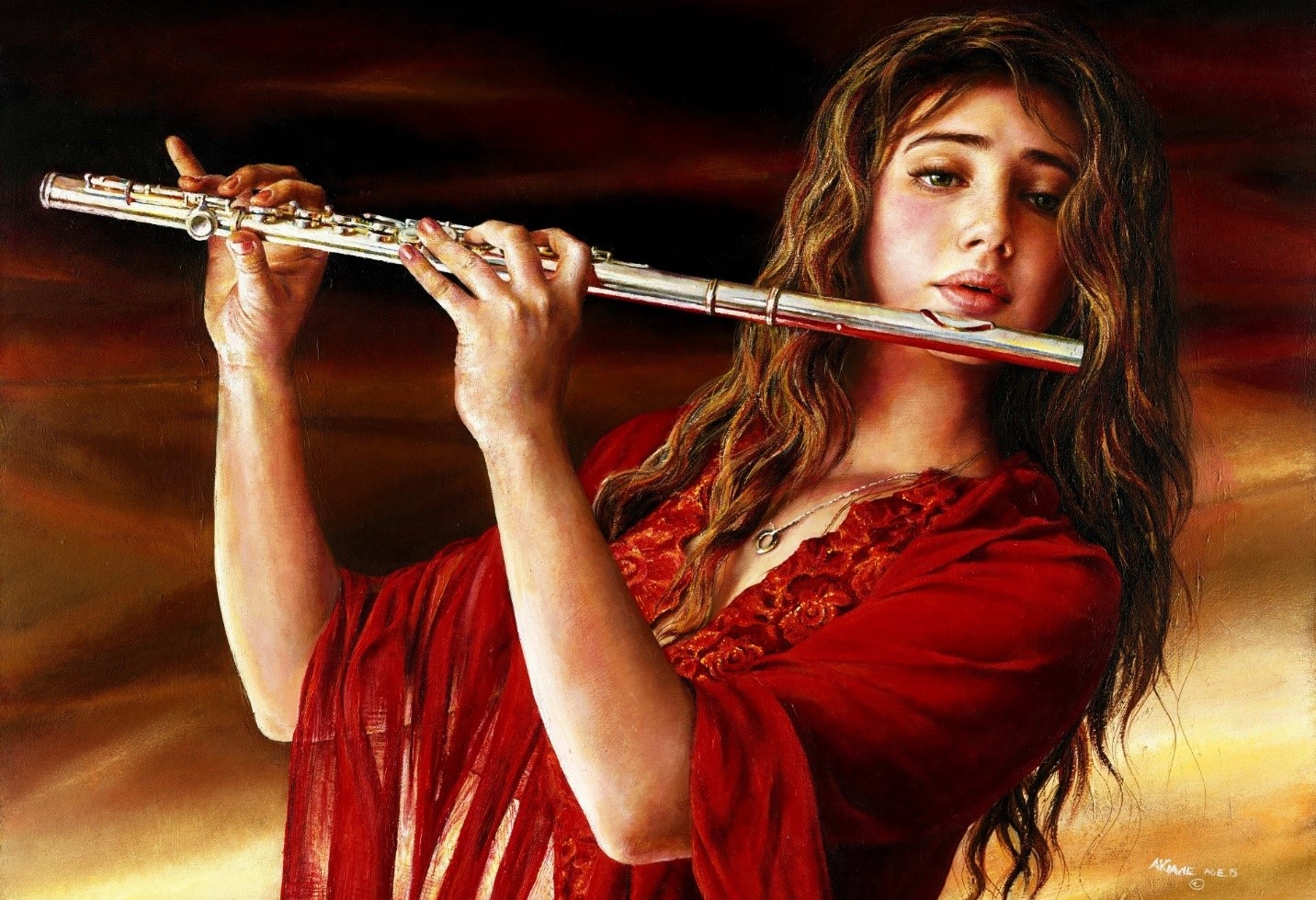The Fairy Temple; Or, Oberon’s Chapel
by Robert Herrick
RARE TEMPLES THOU HAST SEEN, I KNOW,
AND RICH FOR IN AND OUTWARD SHOW;
SURVEY THIS CHAPEL BUILT, ALONE,
WITHOUT OR LIME, OR WOOD, OR STONE.
THEN SAY, IF ONE THOU’ST SEEN MORE FINE
THAN THIS, THE FAIRIES’ ONCE, NOW THINE.
THE TEMPLE
A way enchaced with glass and beads
There is, that to the Chapel leads;
Whose structure, for his holy rest,
Is here the Halcyon’s curious nest;
Into the which who looks, shall see
His Temple of Idolatry;
Where he of god-heads has such store,
As Rome’s Pantheon had not more.
His house of Rimmon this he calls,
Girt with small bones, instead of walls.
First in a niche, more black than jet,
His idol-cricket there is set;
Then in a polish’d oval by
There stands his idol-beetle-fly;
Next, in an arch, akin to this,
His idol-canker seated is.
Then in a round, is placed by these
His golden god, Cantharides.
So that where’er ye look, ye see
No capital, no cornice free,
Or frieze, from this fine frippery.
Now this the Fairies would have known,
Theirs is a mixt religion:
And some have heard the elves it call
Part Pagan, part Papistical.
If unto me all tongues were granted,
I could not speak the saints here painted.
Saint Tit, Saint Nit, Saint Is, Saint Itis,
Who ‘gainst Mab’s state placed here right is.
Saint Will o’ th’ Wisp, of no great bigness,
But, alias, call’d here FATUUS IGNIS.
Saint Frip, Saint Trip, Saint Fill, Saint Filly;–
Neither those other saint-ships will I
Here go about for to recite
Their number, almost infinite;
Which, one by one, here set down are
In this most curious calendar.
First, at the entrance of the gate,
A little puppet-priest doth wait,
Who squeaks to all the comers there,
‘Favour your tongues, who enter here.
‘Pure hands bring hither, without stain.’
A second pules, ‘Hence, hence, profane!’
Hard by, i’ th’ shell of half a nut,
The holy-water there is put;
A little brush of squirrels’ hairs,
Composed of odd, not even pairs,
Stands in the platter, or close by,
To purge the fairy family.
Near to the altar stands the priest,
There offering up the holy-grist;
Ducking in mood and perfect tense,
With (much good do’t him) reverence.
The altar is not here four-square,
Nor in a form triangular;
Nor made of glass, or wood, or stone,
But of a little transverse bone;
Which boys and bruckel’d children call
(Playing for points and pins) cockall.
Whose linen-drapery is a thin,
Sub|ile, and ductile codling’s skin;
Which o’er the board is smoothly spread
With little seal-work damasked.
The fringe that circumbinds it, too,
Is spangle-work of trembling dew,
Which, gently gleaming, makes a show,
Like frost-work glitt’ring on the snow.
Upon this fetuous board doth stand
Something for shew-bread, and at hand
(Just in the middle of the altar)
Upon an end, the Fairy-psalter,
Graced with the trout-flies’ curious wings,
Which serve for watchet ribbonings.
Now, we must know, the elves are led
Right by the Rubric, which they read:
And if report of them be true,
They have their text for what they do;
Ay, and their book of canons too.
And, as Sir Thomas Parson tells,
They have their book of articles;
And if that Fairy knight not lies
They have their book of homilies;
And other Scriptures, that design
A short, but righteous discipline.
The bason stands the board upon
To take the free-oblation;
A little pin-dust, which they hold
More precious than we prize our gold;
Which charity they give to many
Poor of the parish, if there’s any.
Upon the ends of these neat rails,
Hatch’d with the silver-light of snails,
The elves, in formal manner, fix
Two pure and holy candlesticks,
In either which a tall small bent
Burns for the altar’s ornament.
For sanctity, they have, to these,
Their curious copes and surplices
Of cleanest cobweb, hanging by
In their religious vestery.
They have their ash-pans and their brooms,
To purge the chapel and the rooms;
Their many mumbling mass-priests here,
And many a dapper chorister.
Their ush’ring vergers here likewise,
Their canons and their chaunteries;
Of cloister-monks they have enow,
Ay, and their abbey-lubbers too:–
And if their legend do not lie,
They much affect the papacy;
And since the last is dead, there’s hope
Elve Boniface shall next be Pope.
They have their cups and chalices,
Their pardons and indulgences,
Their beads of nits, bells, books, and wax-
Candles, forsooth, and other knacks;
Their holy oil, their fasting-spittle,
Their sacred salt here, not a little.
Dry chips, old shoes, rags, grease, and bones,
Beside their fumigations.
Many a trifle, too, and trinket,
And for what use, scarce man would think it.
Next then, upon the chanter’s side
An apple’s-core is hung up dried,
With rattling kernels, which is rung
To call to morn and even-song.
The saint, to which the most he prays
And offers incense nights and days,
The lady of the lobster is,
Whose foot-pace he doth stroke and kiss,
And, humbly, chives of saffron brings
For his most cheerful offerings.
When, after these, he’s paid his vows,
He lowly to the altar bows;
And then he dons the silk-worm’s shed,
Like a Turk’s turban on his head,
And reverently departeth thence,
Hid in a cloud of frankincense;
And by the glow-worm’s light well guided,
Goes to the Feast that’s now provided.





